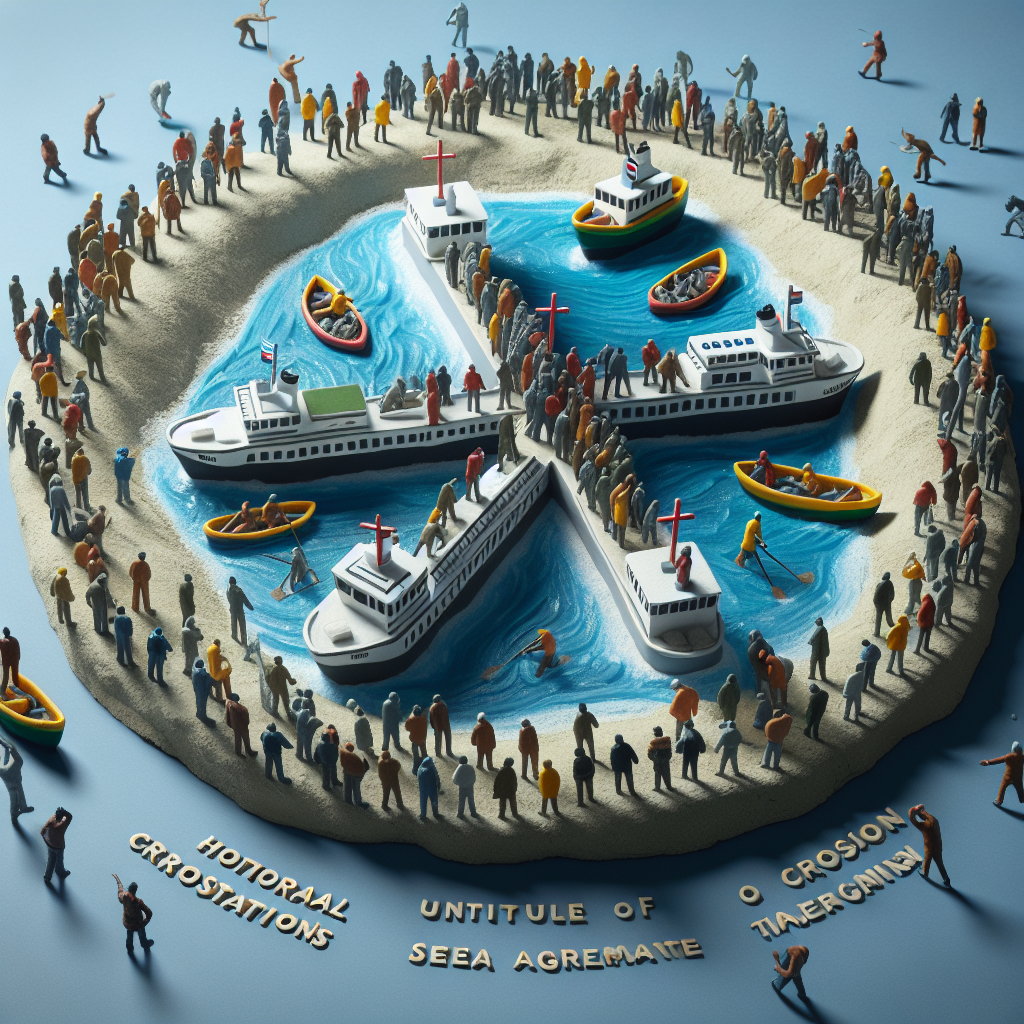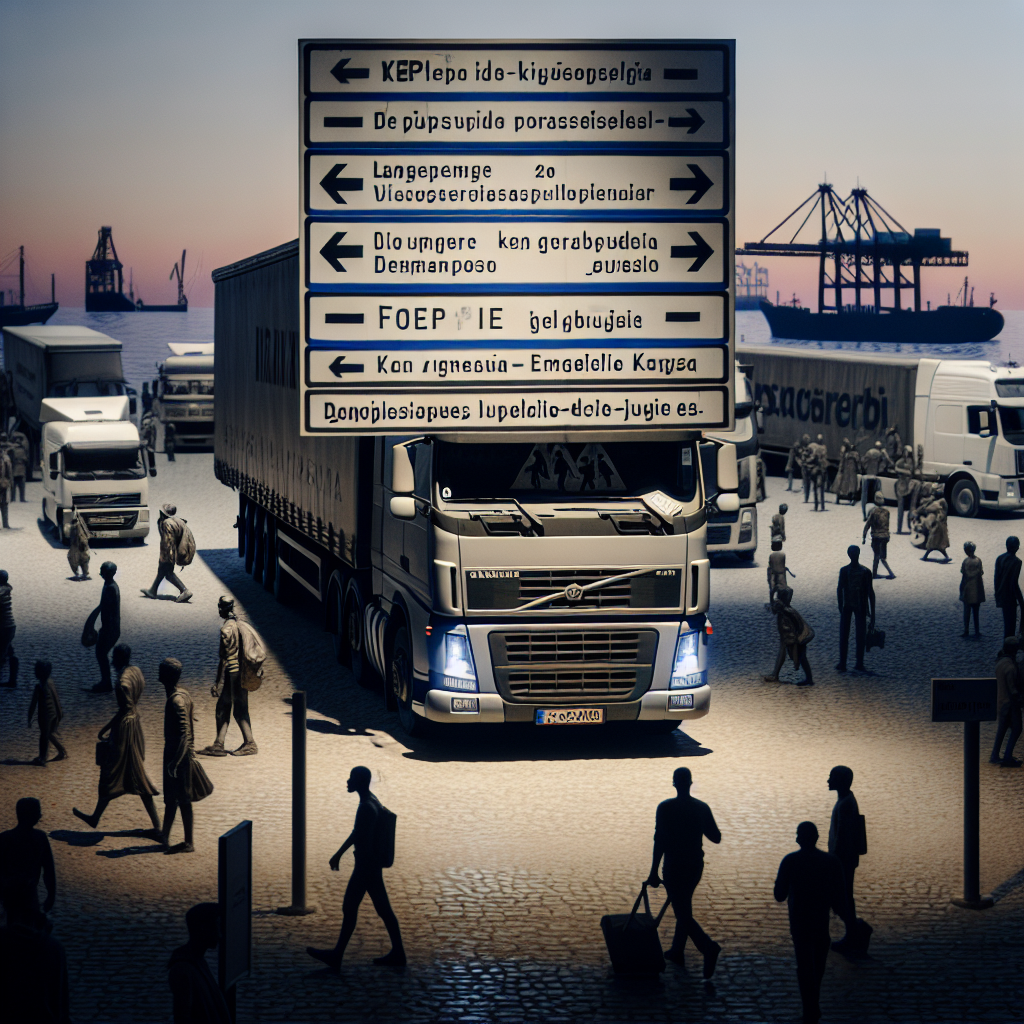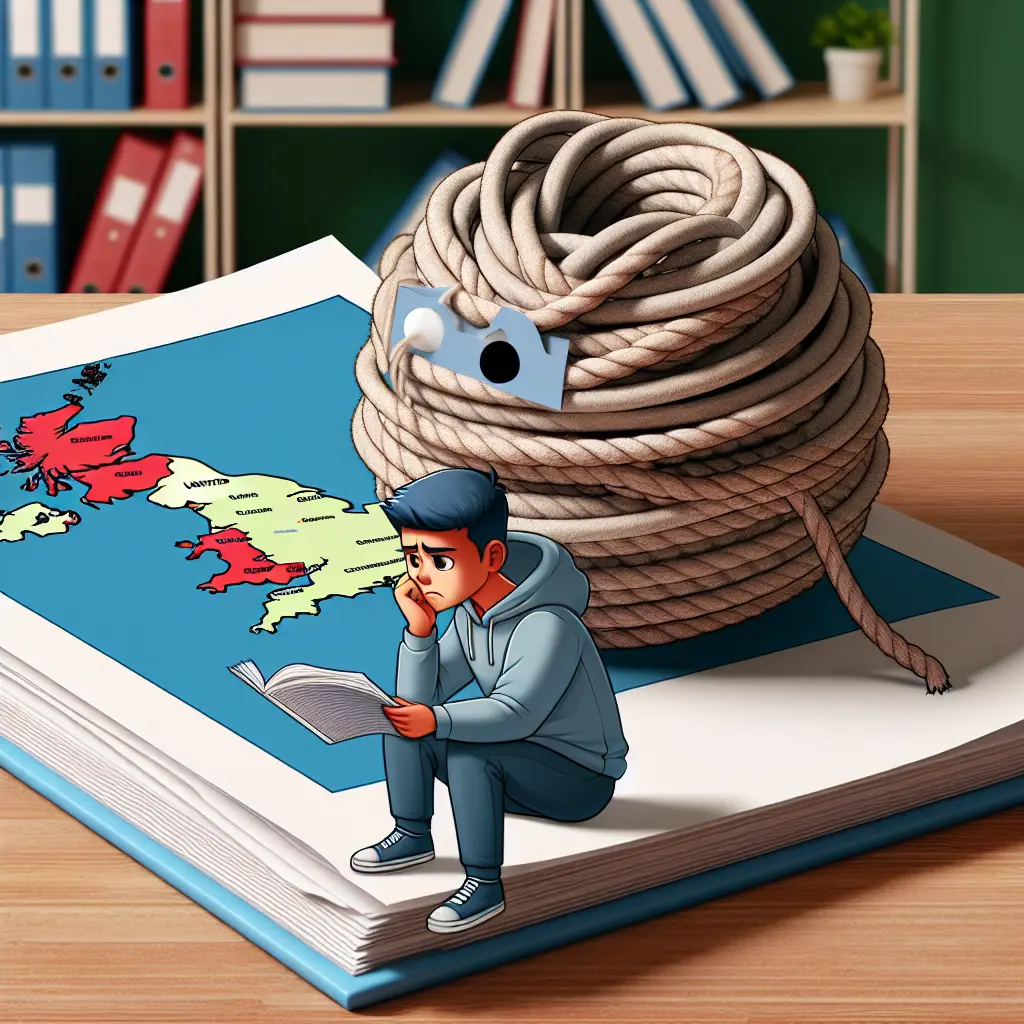UK immigration policy faces renewed scrutiny as Channel migrant crossings reach new yearly highs. The ongoing challenge of managing migration across the English Channel has re-emerged as a central issue in the UK immigration debate, following the release of government figures showing record arrivals in small boats this year.
The sharp increase in Channel crossings places significant pressure on the UK government’s approach to immigration and border control. With more migrants attempting the perilous journey, policymakers face the dual task of ensuring national security and upholding humanitarian obligations, all while public concern over the issue intensifies.
Record Channel Crossings Highlight Policy Challenges
On a single day in early June, nearly 1,200 migrants made the dangerous crossing from France to the UK—marking the highest daily tally so far in 2025. Official Home Office data recorded 1,194 individuals arriving in 18 small boats during a period of favourable weather. This surge has pushed the provisional total for the year to almost 14,811, representing a dramatic 42% increase compared to the same point last year.
These record numbers come at a critical juncture for the newly elected Labour government, which entered office with pledges to reform UK immigration policies and curb irregular crossings. Earlier Conservative-led efforts, such as the now-abandoned Rwanda deportation scheme, had failed to significantly reduce arrivals—fueling ongoing public frustration and debate over effective solutions.
Labour's Approach: Cooperation Over Controversy
In response to the surge, Prime Minister Keir Starmer’s administration has moved away from controversial deportation plans. The current strategy focuses on international intelligence cooperation to disrupt people-smuggling networks, tightening existing immigration rules to address vulnerabilities, and expanding bilateral operations with France. However, challenges remain—notably, the limited capacity of French police to physically stop departing boats from their beaches, despite increased patrols and rescue missions. Recent reports and video footage highlight persistent gaps in cross-border enforcement and the complexities of collaborative prevention efforts.
Understanding Why Migrants Risk Channel Crossings
The English Channel remains a focal migration route for several compelling reasons. Many migrants are driven by conflict and poverty in their home countries, seeking safety and opportunity abroad. The UK is perceived as an attractive destination due to existing family connections, a shared language for some nationalities, perceptions of more accessible asylum processes, and better employment prospects. These factors collectively motivate individuals and families to attempt the hazardous journey despite well-known dangers.
By the Numbers: Recent Migration Trends
So far in 2025, more than 14,800 individuals have crossed into the UK via small boats—a 42% increase compared to last year’s figures at this time. For context, total Channel crossings in 2024 reached 36,816 (a 25% rise over the previous year), while 2022 saw a peak of 45,774 arrivals. These statistics underscore both the humanitarian challenges and the scale of operational hurdles facing British authorities as they seek effective responses.
Looking Ahead: Key Priorities for UK Immigration Policy
With public expectations running high, Labour faces mounting pressure to deliver concrete results. Empowering law enforcement is crucial; both UK and French officials agree that more effective prevention at departure points is essential. Dismantling organized people-smuggling networks remains a top priority for reducing dangerous crossings. Additionally, addressing the root causes of migration—such as global conflict and economic hardship—requires sustained long-term strategies that go beyond immediate border controls.
The government must also continue to balance robust border security with its humanitarian responsibilities under international law. As joint patrols and intelligence-sharing improve, authorities hope to stem dangerous crossings while providing protection for those in genuine need.
The Road Forward: Cooperation and Comprehensive Reform
Effective management of Channel migration demands not only enhanced enforcement and policy reform but also strengthened international cooperation—especially with France and other EU partners. Tackling smuggling operations and refining asylum systems are crucial steps toward a safer, more orderly process that protects vulnerable people and addresses security concerns alike.
As Labour’s new policies take shape, observers will watch closely to see whether collaborative measures and targeted reforms can reverse current trends. Success will depend on balancing secure borders with fair asylum processing and deeper engagement with international partners.
Ultimately, the spike in Channel crossings serves as a vivid reminder that immigration is among the UK’s most complex and pressing issues. Ongoing efforts must prioritize both effective border management and compassion for those seeking refuge.
For continued updates on this story and additional perspectives on UK immigration policy, see coverage at Euronews.
Thank you for following our exploration of the evolving landscape of UK immigration—stay informed and stay engaged.









Leave a Comment